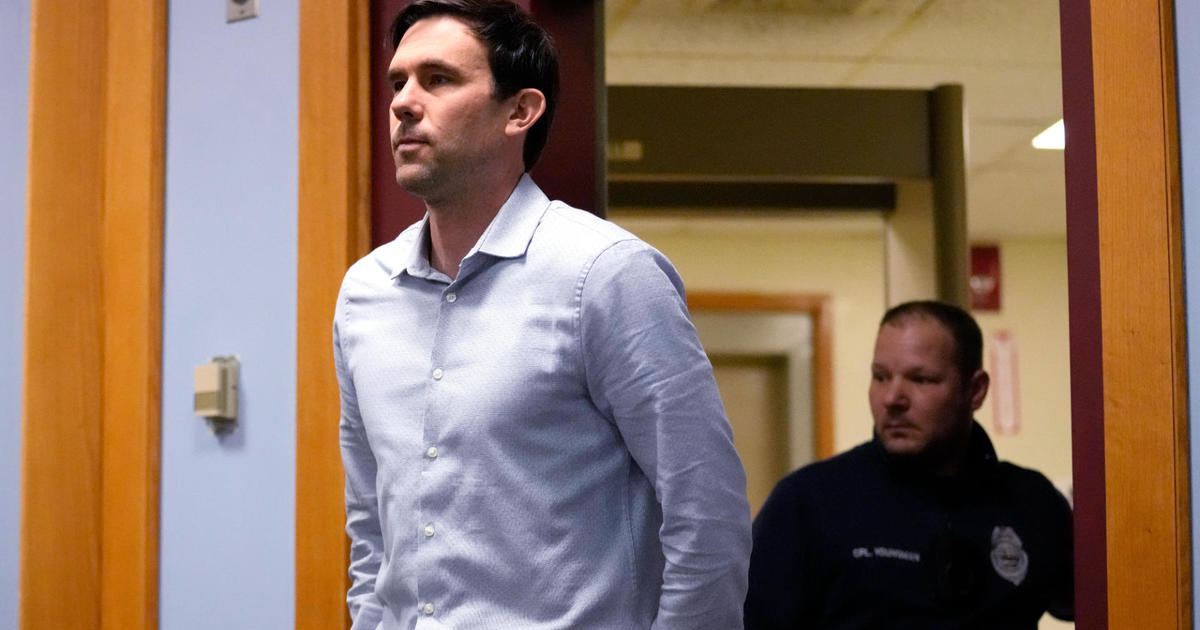Doctors: More Young People Developing Osteoporosis
BOSTON (CBS) - Physicians often refer to osteoporosis as a "Silent Problem" because many patients don't know they even have it until after they break or fracture a bone.
Now an increasing number of young people are developing this bone loss disease. Dr. Nathanial Clark, an endocrinologist at Beth Israel Deaconess in Plymouth, said, "Far more commonly what we are referring to are people generally say in the 40-60 year range, that are being looked at more carefully than previously, whereas before we looked mainly at people who were over the age of 65-70."
Faye Lakeman found out her bones were slowly deteriorating when she was in her early 50s. On a lark, she took part in a free bone screening at a grocery store. Faye's husband Dan is also suffering from bone loss. "You are constantly aware of the dangers of making a wrong move . . . and a broken bone."
These cases involving younger people are often the result of what's known as "Secondary Osteoporosis." This means the bone loss isn't just attributed to aging, but has been accelerated by other factors.
Dan Lakeman is on a significant number of medications for other ailment s such as arthritis, and believes that could be a factor in his case.
Dr. Ann Babbitt, an orthopedic surgeon who runs osteoporosis support groups out of her South Portland Maine office, said some widely prescribed drugs can hurt bones over time.
"Many people are on Prednisone and that's probably the one that we hear the most about and that is a definite medication that is not good for bone health, "explained Dr. Babbitt.
In addition to steroids like Prednisone, other drugs of concern include some narcotic pain relievers, anti-depressants, and anti-seizure medications.
The problem is that many patients have now been taking these drugs for years.
"All of these can be a set up to damage the bone, and the onset of osteoporosis much earlier than we would normally think of," added Dr. Clark.
Absorbing nutrition properly also impacts bone health. Patients with celiac disease and inflammatory bowel syndrome can also be at risk earlier.
"You are not absorbing nutrients as you should," said Dr. Babbitt.
Physicians prescribe these drugs because they are balancing the drug's ability to manage a serious disease, and its side effects.
Patients worried about weakened bones should talk to their doctors about whether a bone density study is appropriate.
MORE HEALTH NEWS FROM CBS BOSTON



